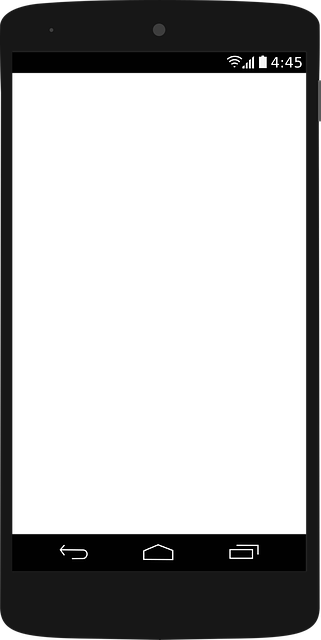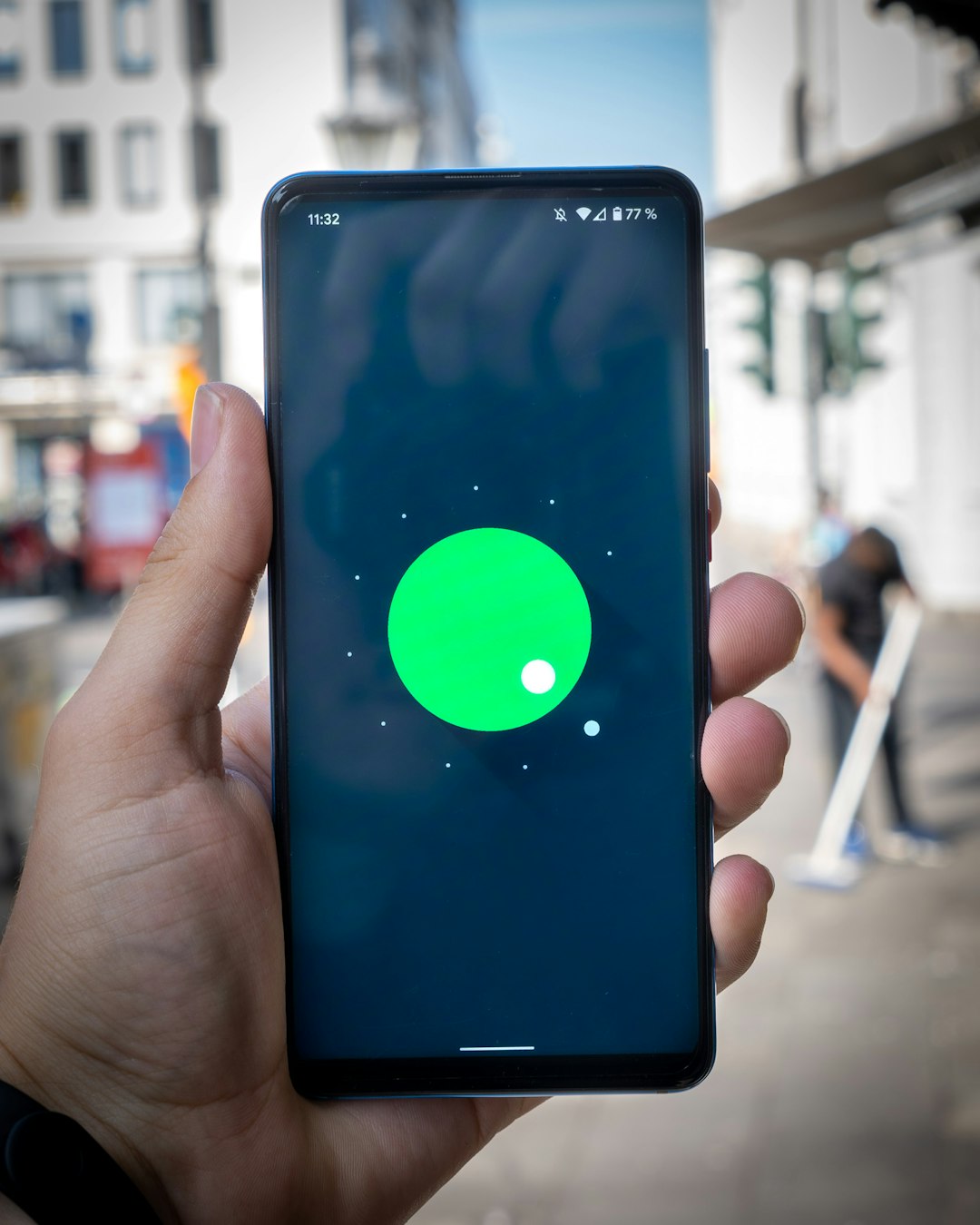South Carolina's stringent Spam Call laws have curbed telemarketing intrusions, empowering residents to block and report unwanted calls with help from specialized law firms. Android users can rely on robust blocking apps like Hiya and TrueCall, leveraging AI for accurate spam identification. iOS users enjoy similar protection through compliant apps employing AI and community reporting. Essential app features include blocking known spam, new violators, reporting, user-friendly interfaces, and real-time analytics. These tools fortify defenses against robocalls, fraud, and identity theft under South Carolina's TCPA regulations.
Navigating the sea of unwanted robocalls can be overwhelming, but South Carolina residents now have powerful tools at their disposal. With stringent spam call laws in place, a robust market for blocking apps has emerged. This guide delves into the best options for Android and iOS users, highlighting features tailored to South Carolina’s legal protections. Discover top-rated apps designed to block not just calls, but also text messages from unscrupulous sources. Remember that staying informed about your rights as a consumer is key, especially when utilizing these effective spam call law firm South Carolina resources.
Understanding South Carolina's Spam Call Laws

In South Carolina, the fight against unwanted robocalls has gained significant traction through robust spam call laws. The state’s legislation takes a stringent approach to protect residents from intrusive and deceptive telemarketing practices. These laws are enforced by reputable spam call law firms in South Carolina that specialize in defending consumer rights.
South Carolina allows consumers to take proactive measures against spam calls by blocking or reporting them. It’s crucial for folks to familiarize themselves with these regulations, especially when navigating the intricate world of telemarketing. By understanding their rights and available tools, such as robust robocall-blocking apps, residents can reclaim control over their communication channels and enjoy a quieter, more peaceful connection experience.
Top Robocall Blocking Apps for Android Users in SC

In South Carolina, where the Spam Call law firm has implemented stringent regulations against unwanted robocalls, Android users have a range of robust blocking apps at their disposal. Apps like Hiya and TrueCall are popular choices for SC residents looking to safeguard their privacy. Hiya, in particular, leverages advanced AI algorithms to identify and block spam calls, ensuring that users stay protected even as call scammers evolve their tactics.
TrueCall, another highly recommended app, offers not only blocking capabilities but also a community-driven intelligence system that continually updates its database of known scammer numbers. By combining sophisticated technology with collective intelligence, these apps provide South Carolina Android users with an effective defense against intrusive robocalls, allowing them to enjoy peace of mind while navigating the digital landscape.
iOS Device Owners: Best Anti-Spam Solutions in SC

For iOS device owners in South Carolina, combating unwanted robocalls has become a priority due to the state’s strict Spam Call laws. Thankfully, several robust anti-spam solutions are available that can help keep your phone line clean and free from nuisance calls. One popular choice is using a reputable app designed specifically for this purpose. These apps employ advanced technologies like AI and machine learning algorithms to identify and block spam calls before they reach your device.
Some of the top-rated options include call filtering apps with built-in blocks for known spam numbers, as well as those that utilize community-driven reporting to enhance their effectiveness. By integrating these apps with your iOS device, South Carolina residents can enjoy increased peace of mind knowing that their phone lines are protected under the state’s stringent Spam Call regulations.
Features to Look For in a SC-Specific App

When looking for a robocall blocking app tailored for South Carolina, consider apps that offer robust features aligned with the state’s Spam Call and consumer protection laws. Firstly, seek out an application with advanced call filtering capabilities, allowing you to block not only known spam numbers but also those attempting to circumvent current regulations. Secondly, ensure the app includes a feature to report violative calls, contributing to a collaborative effort to identify and penalize lawless robocallers under South Carolina’s legal framework.
Additionally, a user-friendly interface with customizable settings is essential for managing your call blocking experience. Look for apps that enable you to create whitelists or block specific numbers directly from within the app. Real-time analytics on blocked calls and the ability to share blocking data with like-minded users can also enhance your overall protection against unwanted robocalls in South Carolina.
Legal Protections and Benefits of Using Blocking Apps

In South Carolina, there are robust legal protections in place to combat spam calls, offering residents significant benefits when using blocking apps. The Telemarketing and Consumer Fraud and Abuse Prevention Act (TCPA) prohibits unwanted telemarketing calls and provides individuals with the right to block such communications. This law firm-backed regulation empowers users by allowing them to take control of their phone lines, reducing the number of intrusive robocalls they receive.
By employing blocking apps, South Carolina residents can not only silence spam callers but also contribute to a safer digital environment. These applications are designed to filter out not only spam calls but also suspicious or unknown numbers, providing an extra layer of protection against potential fraud and identity theft attempts. With the growing concern over privacy and security, blocking apps have become valuable tools for consumers seeking to navigate the complex landscape of modern communication.






